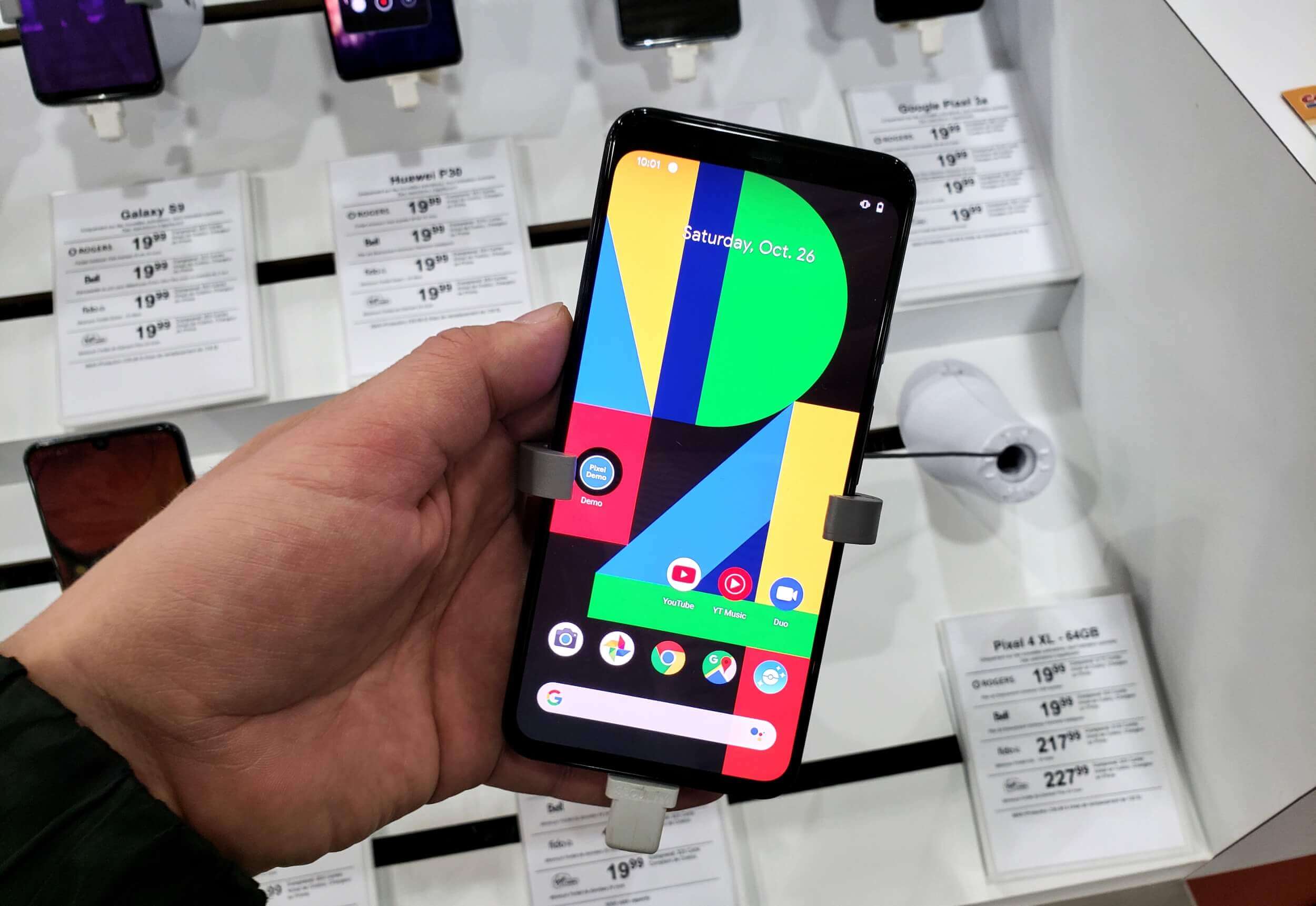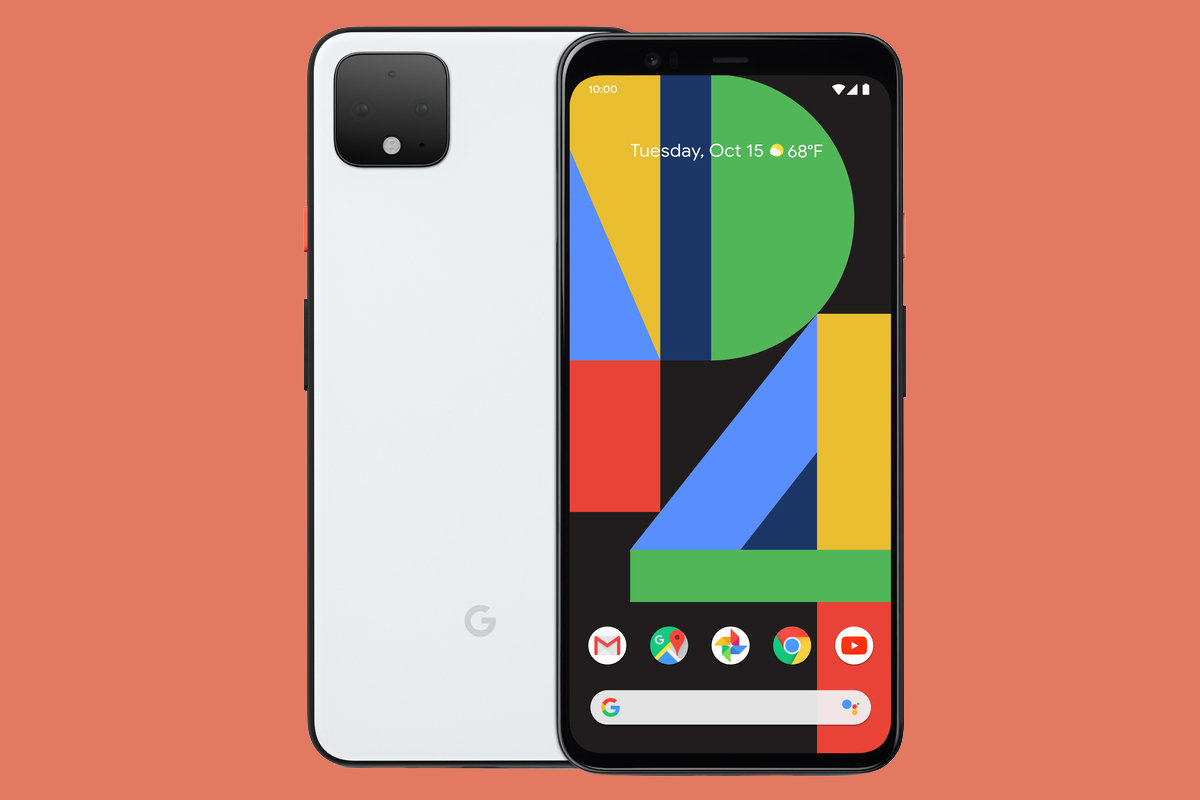In context: Google is probably used to dealing with lawsuits at this point, though they're usually related to antitrust complaints. But the charges brought by the Federal Trade Commission and seven states relate to the Pixel 4 phone ads from a few years ago, which were allegedly "deceptive" as they featured influencers praising the handset despite not owning or using one.
Google and iHeartMedia were hit by lawsuits from The FTC and state attorneys general over almost 29,000 "deceptive" endorsements by radio personalities promoting their use of and experience with Google's Pixel 4 phone in 2019 and 2020.
Bureau of Consumer Protection Director Samuel Levine said Google and iHeartMedia paid influencers to promote the phone, a product they had never used. Some of the Google-provided scripts read by the personalities in the ads included lines such as "It's my favorite phone camera out there, especially in low light, thanks to Night Sight Mode" and "I've been taking studio-like photos of everything." This was despite them not being provided Pixel 4s before the recording and airing of most of the ads.
The ads ran in ten large markets, but it's unclear how many people heard them. Levine called them a "blatant disrespect for truth-in-advertising rules."

The proposed orders settling the FTC's charges include prohibiting Google and iHeartMedia from misrepresenting an endorser as someone who has owned, used, or has experience with a certain product. The states---Arizona, California, Georgia, Illinois, Massachusetts, New York, and Texas---also require the companies to pay $9.4 million in penalties.
Google said it is pleased to have settled the case, though it did settle with only six of the seven states. "We take compliance with advertising laws seriously and have processes in place designed to help ensure we follow relevant regulations and industry standards," a spokesperson said in an emailed statement to Reuters.
None of this will have much of an impact on Google parent Alphabet, which is expected to generate over $282 billion in revenue this year. But it has the potential to damage its public image and that of future Pixel handsets. It could also result in consumers putting (even) less faith in the honesty of ads.
Google is far from the first tech giant to face lawsuits over allegedly deceptive ads. An Australian watchdog sued Samsung in 2019 over claims it lied about how water-resistant its Galaxy phones are. There's also Apple, which has been dealing with similar suits for years, including this one in 2012 over Siri's abilities as a personal assistant.
